Uniting Across Borders for Brain Health: Ireland–India Nexus at GBHI South Asia Regional Convening
As India prepares for the challenges of a rapidly aging population, a nexus of researchers, clinicians, and educators—with expertise in neuroscience, mental health, brain aging, and dementia—convened in Bengaluru to examine critical challenges, share expertise, and lay the groundwork for future collaboration in developing transnational solutions to brain health threats.
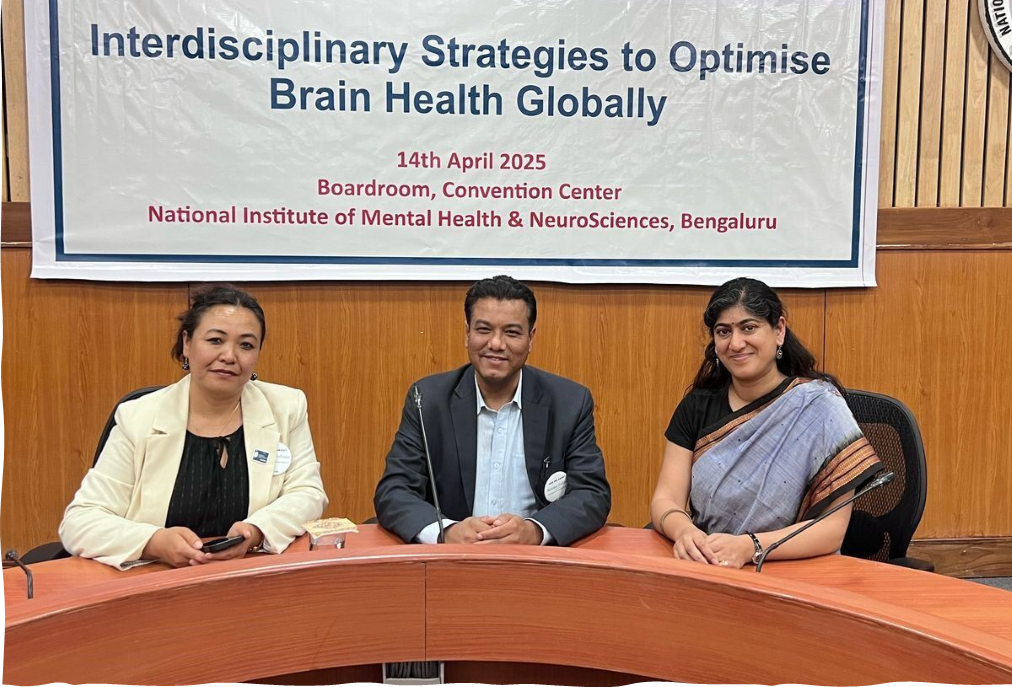
Atlantic Fellows Prabha Shrestha, Umesh Bogati and Jayashree Dasgupta at India’s National Institute of Mental Health & Neurosciences (NIMHANS) during the GBHI South Asia Regional Convening.
In April, the Global Brain Health Institute (GBHI) at Trinity College Dublin hosted the inaugural GBHI South Asia Regional Convening in Bengaluru, India. The four-day event brought together GBHI faculty and staff, Atlantic Fellows for Equity in Brain Health with ties to South Asia and Africa, and India’s National Institute of Mental Health & Neurosciences (NIMHANS) and Centre for Brain Research (CBR) to forge a cross-regional nexus—grounded in shared knowledge and history and enriched by cultural insight and clinical innovation.
Societal ruptures shaped by colonial history continue to influence the cultural psyche and population health approaches in both Ireland and India. Ireland, where over 20% of its 5 million people are over 65, shares experiences in supporting an aging society. In contrast, India, with only 8% of its 1.4 billion people over 65, faces the challenge of preparing for a rapidly aging population at scale. Bringing these complementary perspectives together, the convening set the stage for transnational solutions to global brain health threats
“By standing together, we protect our most vulnerable communities and ensure that progress in brain health is shared equitably across regions—especially where resources are scarce,” said Iracema Leroi, Site Director, GBHI, Trinity. “At this inaugural South Asia convening, we drew on the unique strengths and perspectives of both Ireland and India, joining forces with some of India’s foremost brain health institutions to confront critical challenges, begin sharing innovative approaches and expertise, and lay the groundwork for future collaboration and lasting impact.”
The co-hosted program at NIMHANS and CBR included presentations and discussions on brain health research and initiatives, as well as explorations of opportunities for collaboration, joint research, training, and faculty exchange. A visit to the SANSCOG project site—which aims to identify risk and protective factors associated with cognitive changes due to normal aging and dementia—provided firsthand experience of the impact and challenges of community-based research in rural areas.
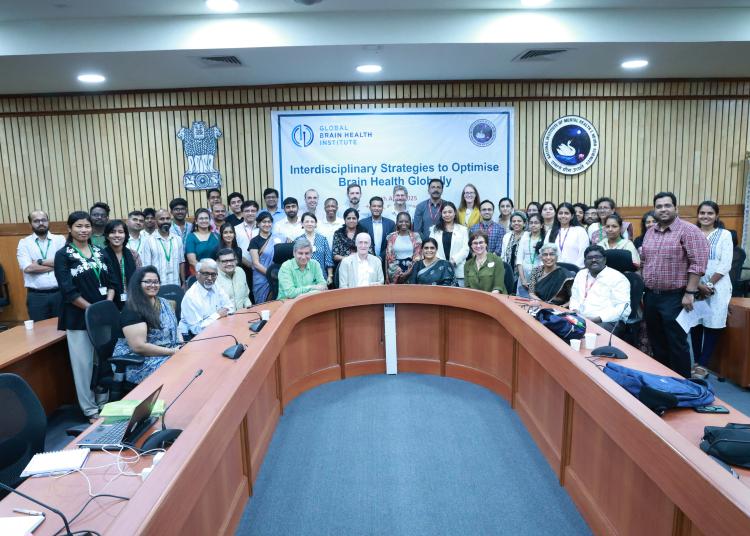
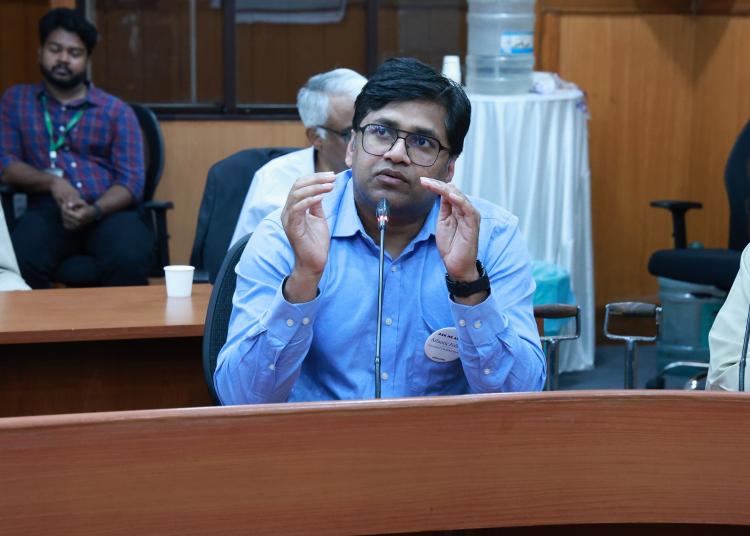
GBHI and NIMHANS community members (left) and Atlantic Fellow Sanjib Saha (right) on the first day of the convening.
Why a Global Approach Matters
Anchored in the unique strengths of both Ireland and India a collaborative approach to global brain health ensures that expertise and innovation translate across borders. With interdisciplinary collaboration—linking neuroscience, public health, sociology, and beyond—also playing a central role in fostering fresh insights and holistic solutions.
“I am excited by the opportunities to develop research and training collaborations between GBHI at Trinity and India. Our experience in clinical neuroscience and population and cohort studies can be pooled with India’s diverse datasets to accelerate innovation in dementia diagnosis and care,” said Brian Lawlor, Founding Director, GBHI, Trinity. “Real-time, cross-country surveillance of brain health metrics would enable us to learn from one another, identify trends and deploy targeted, data-driven, culturally appropriate interventions. Through joint grant applications and philanthropic partnerships, we have the potential to launch large-scale brain health prevention trials and population-wide screening programs to reduce the scale and impact of dementia globally.”
Building Tomorrow
Over the course of four days, what began as a convening transformed into a community—united by the belief that brain health challenges, unbound by borders, demand global collaboration.
The momentum generated has already set concrete actions in motion, including the drafting of Memoranda of Understanding with NIMHANS and CBR; the evolution of the International Dementia Academy South Asia (IDASA) into a funded program to train clinicians across Africa; and the launch of the GBHI South Asia Network—a platform for Atlantic Fellows for Equity in Brain Health with ties to South Asia to drive fellow-led regional impact—co-leading projects in prevention, leadership, and public engagement.
"This gathering has set the stage for lasting partnerships, pioneering research, and training initiatives that pave the way for a future where brain health knows no borders," said Jayashree Dasgupta, Atlantic Fellow and GBHI South Asia Network member. "By working together across disciplines and geographies, we can turn shared knowledge into real-world solutions that make a tangible difference in communities across South Asia and beyond."
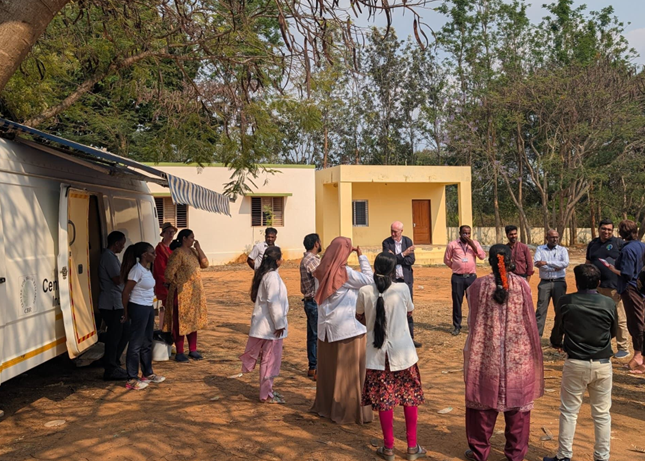
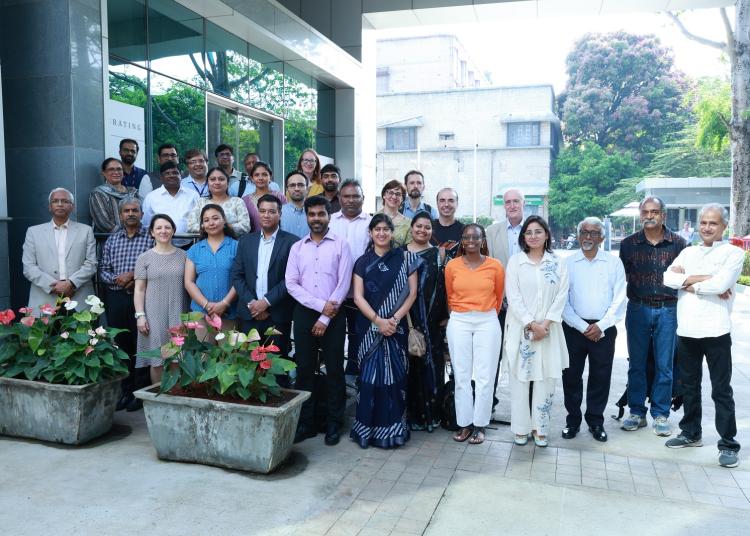
SANSCOG study mobile neuro-assessment van (left) GBHI and CBR community members convene in Bengaluru (right).
GBHI South Asia Regional Convening Program Overview
April 14-17, 2025 · Bangalore, India
Day 1: NIMHANS—A Legacy of Mental-Health Leadership
At India’s National Institute of Mental Health & Neurosciences (NIMHANS)—founded in 1925 and now treating over 2,000 neuro psychiatric patients daily—Director Dr. Pratima Murthy welcomed us alongside GBHI Trinity’s Site Director, Iracema Leroi.
Professor Mathew Varghese reflected on a 2013 brainstorming between GBHI Founding Director Ian Robertson and NIMHANS scholars, including Professor Sanjeev Jain, on creating an Atlantic Fellows program in India, and how GBHI and the fellowship have evolved since this initial idea.
P.T. Sivakumar then showcased cutting-edge psychiatry, while Atlantic Fellow Faheem Arshad (India) and GBHI regional mentor Prof Suvarna Alladi led an enthusiastic debate on integrating neuroscience with traditional systems—complete with insights from NIMHANS’s integrative-medicine lead, Dr. C. Kishore, and music-neuroscience pioneer Dr. Shantala Hegde.
Atlantic Fellows Mohamed Salama (Egypt) and Agustín Ibáñez (Latin America) explored the merging of large longitudinal aging datasets spanning India and Latin America and Egypt to explore risks to brain health.
Day 2: Building the South Asia Network
The second day marked a significant milestone with the launch of the GBHI South Asia Regional Network. Atlantic Fellow Jayashree Dasgupta guided the newly formed network through governance charters and priority-setting, positioning it for success in strengthening alumni bonds and driving fellow-led regional impact.
In the afternoon, Iracema Leroi and Atlantic Fellow Sanjib Saha (Bangladesh/Sweden) led a review of the three iterations of the International Dementia Academy South Asia (IDASA) training and workshops held in Dhaka and Chennai—now evolving into a pan-Africa adaptation supported by an Atlantic Institute CONNECT grant. Atlantic Fellows, working in Africa, including Temitope Farombi (Nigeria), Kwaku Sarfo Manu (Ghana), Wambui Karanja (Kenya), Mohamed Salama (Egypt) and Lebo Molete, an Atlantic Fellow for Health Equity in South Africa, explored next steps in this evolution, the development of for a pilot curriculum to train clinicians across Africa, supported by a recently awarded grant from the Irish Global Health Network (IGHN) scheme.
Day 3: Centre for Brain Research, Indian Institute of Science–Ten Years and Counting
At the Centre for Brain Research (CBR), funded by philanthropist Kris Gopalkrishnan, Director Professor K.V.S. Hari and Iracema Leroi shared reflections on CBR and GBHI’s trajectories over the last ten years since both organisations were founded.
Dr Thomas Isaac from CBR and Agustín Ibáñez from GBHI exchanged research insights, followed by a stimulating panel discussion, chaired by Geriatric Psychiatrist Murali Krishna, on opportunities for joint training programs and faculty exchanges for research. A tour of the Centre showcased gait analysis labs, advanced EEG, and neuroimaging suites.
Day 4: In the field with SANSCOG
The convening concluded with a visit to the SANSCOG cohort project in rural Karnataka, which aims to identify risk and protective factors related to cognitive changes from aging, dementia, and related disorders. Principal Investigators Dr Jonas Sundarakumar and Dr Thomas Isaac provided an overview of the field operations for the 10,000-participant study.
Now entering Wave 3 of participant visits, the study has already provided critical outputs to help understand brain health risk and protective factors in South Asians. Observing the mobile neuro-assessment van highlighted the challenges of collecting standardized cognitive data from villagers lacking literacy, while additional discussions with field staff underscored the difficulty of ensuring long-term participant retention.
Authors

Helen Murray
Communications Officer
GBHI Members Mentioned
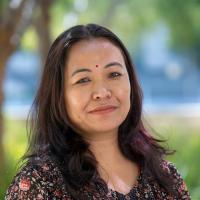
Prabha Shrestha, MNS, MA
Nursing Lecturer
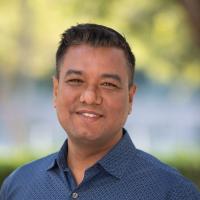
Umesh Bogati, MD, MBBS
Geriatrician
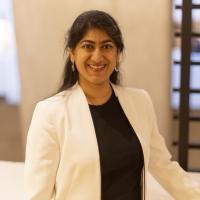
Jayashree Dasgupta, PhD, MPhil
Clinical Psychologist and Social Entrepreneur

Iracema Leroi, MD, FRCPC, MRCPsych
Site Director, Trinity College Dublin

Brian Lawlor, MD, FRCPI, FRCPsych, MRIA
Founding Director, Trinity College Dublin
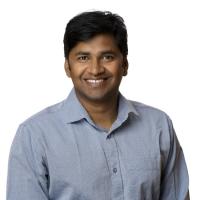
Sanjib Saha, PhD
Health Economist

Mohamed Salama, MBBCH, DTQM, PhD
Neuroscientist

Ian Robertson, MPhil, PhD, FTCD
Founding Director, Trinity College Dublin
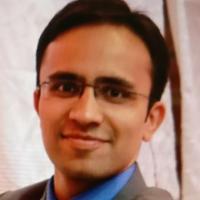
Faheem Arshad, MD, DM, FICN
Neurologist
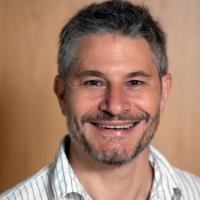
Agustín Ibáñez, PhD
Neuroscientist

Temitope Farombi, MBBS, PhD, FMCP (Neurol)
Neurologist
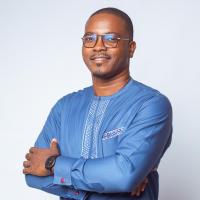
Kwaku Sarfo Manu, MBChB, MPH
General Medical Practitioner

Wambui Karanja
Project Manager
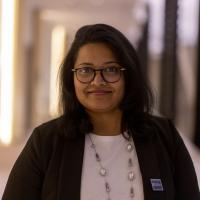
Anusha Yasoda-Mohan, PhD
Neuroscientist

